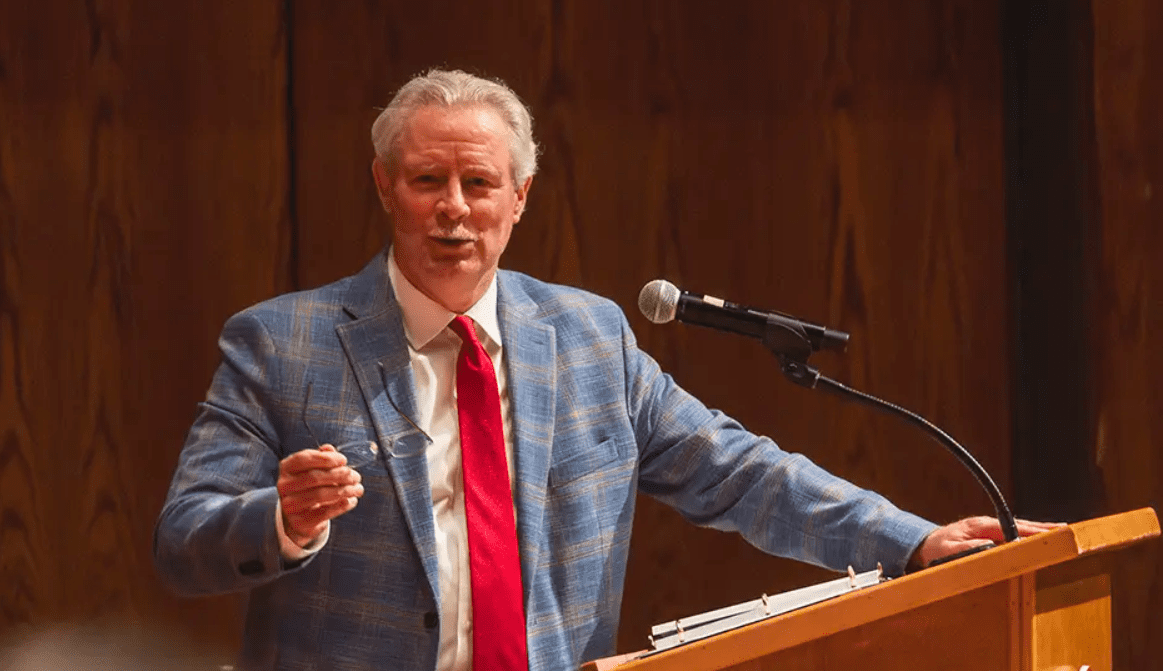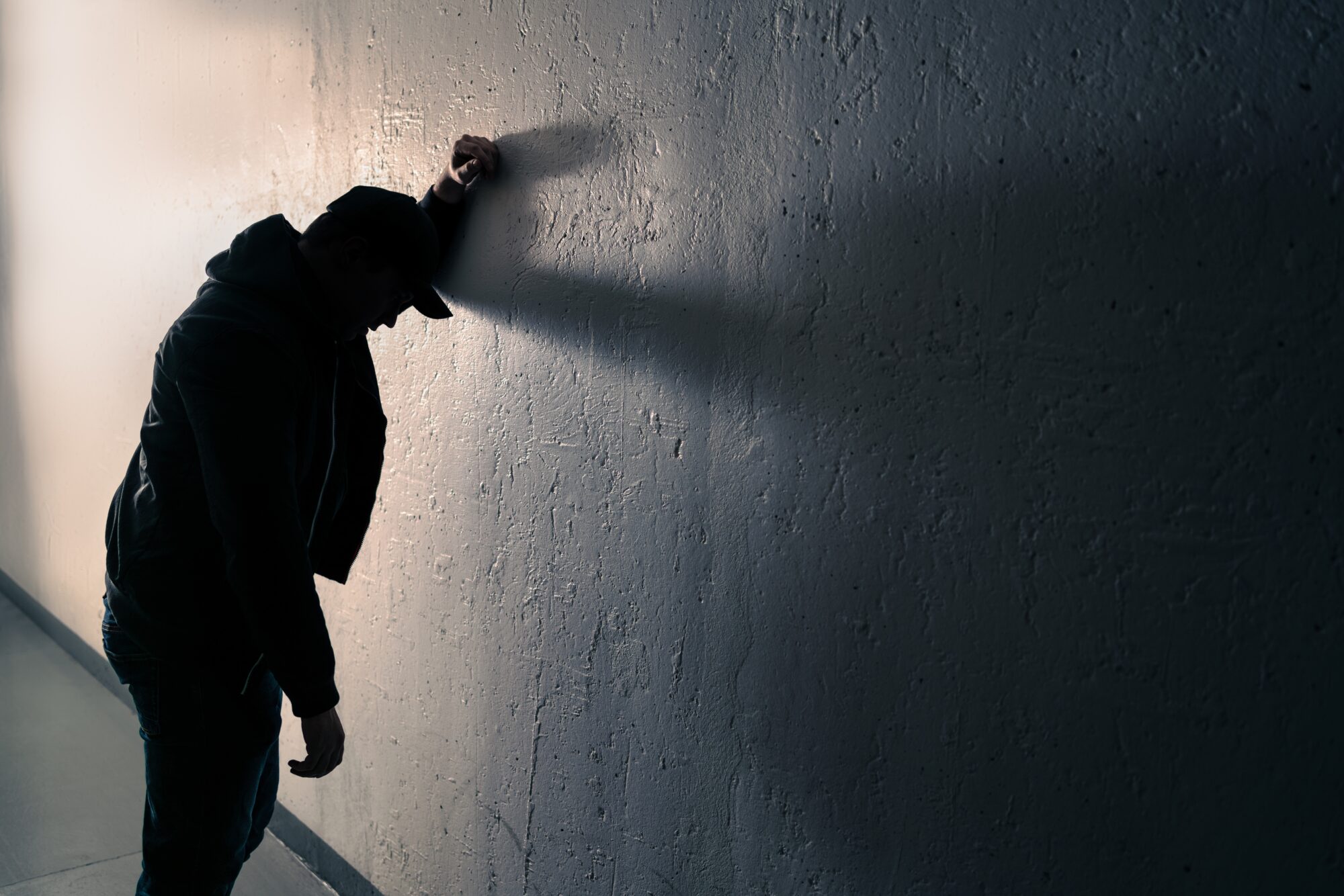BRIAN PERRY/Power and value of votes
The governor can return the right to vote using the pardon powers. And the legislature can return the right to vote through an individual act for the person in question. Such act typically names the person, describes their crime and states that the Legislature “has been reliably informed” the person is living “as a law-abiding and honorable citizen in a good and lawful manner.” The bill must pass both legislative chambers and can become law with or without the governor’s signature.
Out of curiosity on whether the political outcry over Governor Haley Barbour’s pardons had dampened the will of legislators to return the right to vote to felons, I began tracking restoration of suffrage legislation a few years ago. Over the past 11 years, 90 Mississippians have had their suffrage restored by the legislature.
(Ironically, some of the legislators most vocal over Barbour’s pardons had introduced and voted for the restoration of suffrage rights; and some of the individuals pardoned by Barbour had already had their voting rights restored by the legislature.)
In 2004, 37 legislators introduced 48 suffrage restoration acts and 35 were approved. Over the coming years those numbers declined. No bills were approved in 2009 and in 2011, before Barbour issued the pardons that caused the uproar, 9 legislators introduced 10 bills with 6 approved.
In 2012, the year following the pardons, 10 suffrage restoration bills were introduced but none passed. Under Governor Phil Bryant, 1 suffrage restoration was enacted in 2013 and three in 2014: all without his signature. (While Bryant was lieutenant governor, 21 suffrage restoration acts passed the legislature.)
This year, 4 legislators submitted 5 voting restoration bills and 4 of those are pending approval or passive consent from the governor.
Madison County Journal
4/15/15







